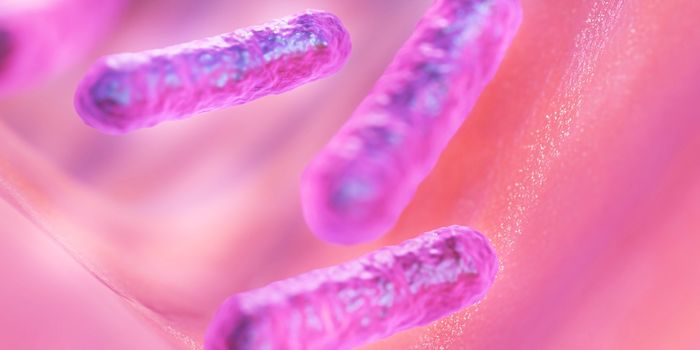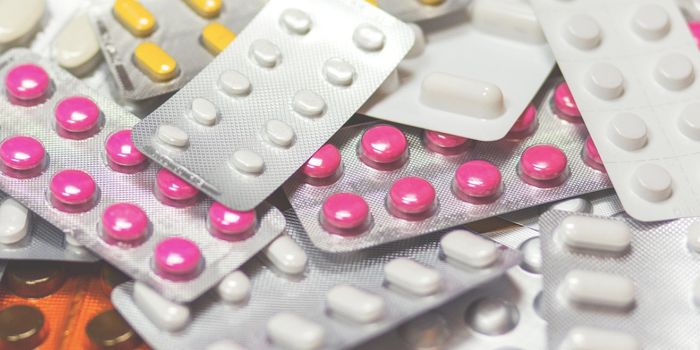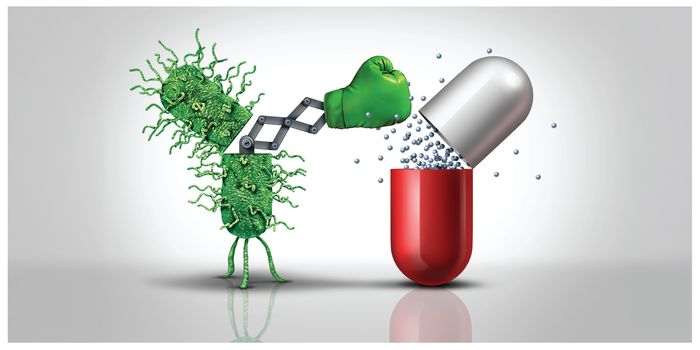Gut Bacteria may be Impacting Drug Metabolism
The gut microbiome has been shown to be closely related to human health; it plays a crucial role in metabolism, can impact our immune system, and has been linked to mental disorders, just for a few examples. Now scientists at Yale have found that the microorganisms in our guts can metabolize many drugs. Their work, which has been reported in Nature, suggests that the gut microbiome is also connected to how individuals respond to therapeutics. The researchers also found the bacterial genes exerting these effects.
“It is possible that we can use genes or species of bacteria to predict the capacity of an individual’s gut flora to metabolize a certain drug,” said the co-lead author of the report Maria Zimmermann-Kogadeeva, a postdoctoral fellow in the Goodman lab. “The work is a first step in identifying biomarkers that could help doctors prescribe the drugs that are the safest and most effective for individual patients.”
In this study, the researchers wanted to find out whether 76 strains of human gut bacteria metabolized 271 different drugs, and set out to map the links between them. The researchers found that around two-thirds of the drugs were chemically modified by at least one of the strains.
The investigators created genetic libraries for some of the gut microbes and were then able to identify many bacterial genes that were altering the drugs. It was once assumed that drugs were metabolized only by human molecules in the liver.
It’s important to consider metabolism when new drugs are evaluated for efficacy and safety. Drugs have to hang around to remain effective, but also can’t build up to toxic levels. At this point, the microbiome is typically not taken into account when this testing is performed.
“However, anecdotal examples of microbiome-metabolized drugs have emerged over past decades,” Goodman noted.
Unsurprisingly, the microbiome varied greatly between individuals in the study, and some participants carried many copies of some bacterial gene while another person had few. In some instances, the scientists were able to correlate a bacterial gene level with observations in human patients. Some drugs might be metabolized rapidly in people carrying an abundance of a certain microbe (and the corresponding gene), while a person with only a few of those microbes doesn’t metabolize the drug as quickly.
“We hope this study provides a useful first step in understanding the microbiome contribution to drug metabolism,” said co-lead study author Michael Zimmermann, a postdoctoral fellow in the Goodman lab. “We think these approaches could shed light on how the gut microbiome also modulates our response to non-drug compounds, such as dietary nutrients and environmental agents.”








